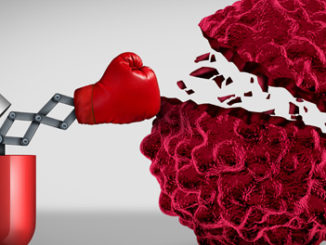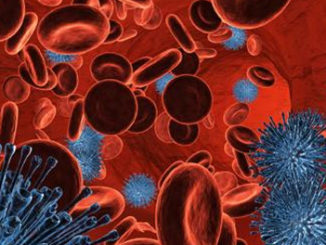An Epigenetic Link Between Memory Loss and Epilepsy
Researchers at the University of Alabama at Birmingham have discovered a potential epigenetic explanation for why individuals with epilepsy, particularly temporal lobe epilepsy, usually experience memory loss. They even propose a way to undo that loss of memory. Published recently in the Annals of Translational and Clinical Neurology, a group of UAB scientists believes their results could progress our understanding of numerous other disorders involving memory loss and could lead to a therapeutic approach for restoring proper memory function via [more…]










